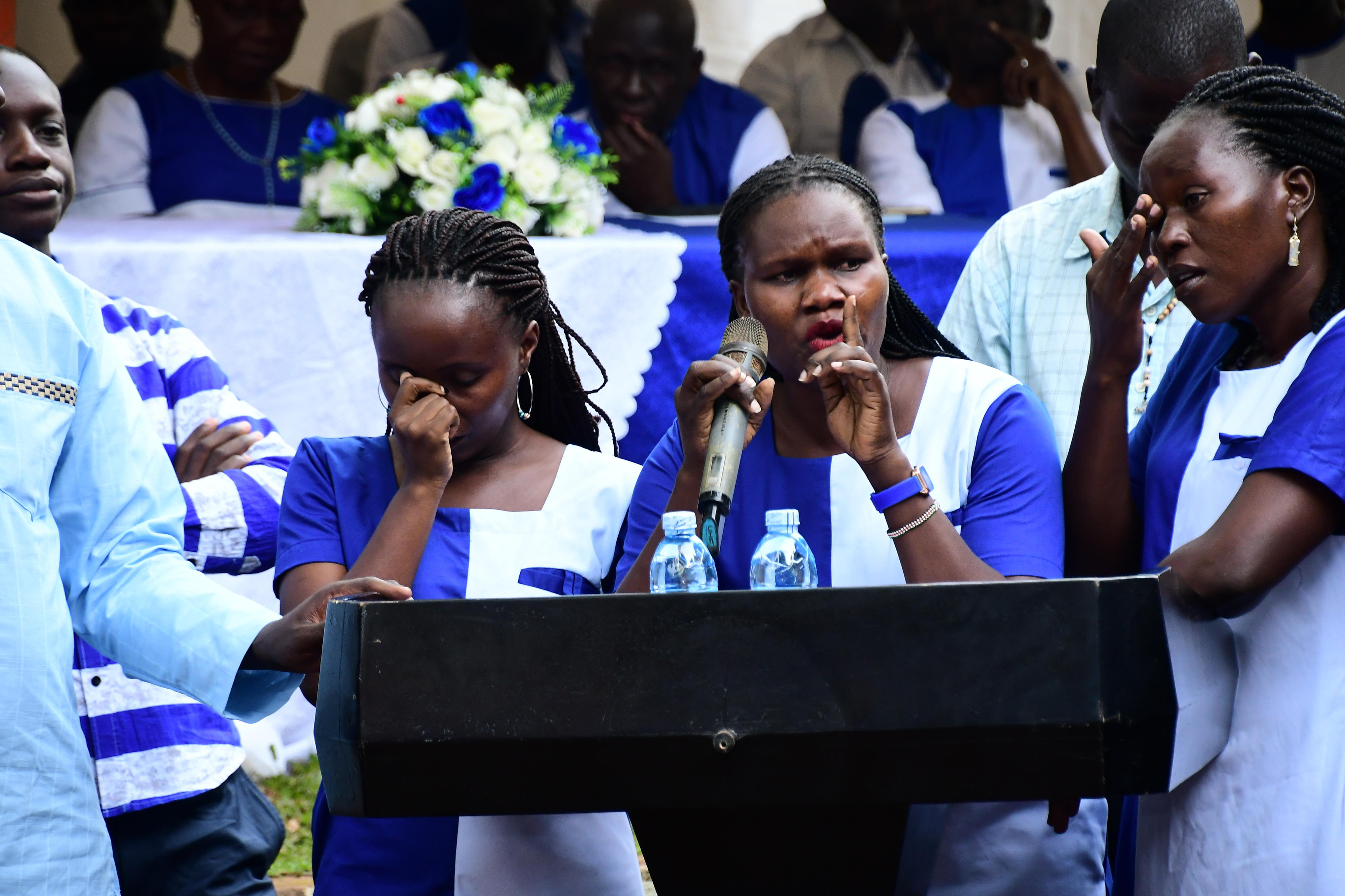PWDs call for removal of justice bottlenecks

What you need to know:
- The PWDs say the current laws in their form are inconsistent with the Constitution, which demands that all people irrespective of their colour, disability, political affiliation, and social status are equal before the law.
Persons with Disabilities (PWDs) have urged the Judiciary to amend laws and close gaps that hinder their access to justice.
The PWDs say the current laws in their form are inconsistent with the Constitution, which demands that all people irrespective of their colour, disability, political affiliation, and social status are equal before the law.
The laws that the PWDs want to be amended include; Evidence Act, Civil Procedure Act, the Civil Procedure Rules, the Criminal Procedure Code Act, and the Trial on Indictment Act.
“The judicial system largely remains inaccessible to PWDs and the barriers in the judicial system are included in Evidence Act, the Magistrate’s Court Act, the Penal Code Act, the Civil Procedure Act, Civil Procedure Rules, Criminal Procedure Code Act, and the Trial On Indictment Act and these should be amended to streamline with the Constitution,” Ms Florence Ndagire, a consultant with International Disability Rights and Inclusion, said during a capacity building workshop for judicial officers in Kampala on Friday.
“Persons with psychosocial disabilities are still being arrested and arraigned in court for no offense committed, but simply because they are in a crisis, persons with visual disabilities cannot access the temple of justice and they find it extremely difficult to access court documents and persons with psychosocial disabilities with undue regard to their mental capacity at a particular moment are in a blanket manner prohibited from testifying in court,” she said.
Ms Ndagire has a visual impairment.
Likewise, Mr Emmanuel Candia, a lawyer with walking impairment, accused the government of refusing to implement court orders that should have improved the well-being of PWDs.
He cited a ruling by Justice David Batema [Eric Bushoborozi case] that it was wrong for courts to await for the line minister’s orders before deciding the release of a convict who was previously mentally ill.
“Persons suffering from mental illness, who otherwise would have been acquitted, are imprisoned largely to ensure they get treatment. However, most often get lost in the justice system because of failure by the responsible minister to issue orders for their release and this should be addressed,” Mr Candia said.
He further complained that despite the enactment of laws advocating for the construction of public buildings that are PWD compliant, many are still non-compliant.
“My experience in representing PWDs is largely saddled with constraints like physical barriers that affect access to the police stations and courts of law ,” Mr Candia said.
Mr David Nangosi, a focal person from National Union of Disabled Persons of Uganda, said despite court outlawing the use of demeaning names such as idiots, lunatics, insane, they are still used to refer to PWDs.
Study
According to the 2014 national population and census report, disability prevalence in Uganda stands at 12.5 per cent. Of these 2.9 per cent are children below 17 years, 2 per cent are youth between 18 to 30 years while 2.1 per cent are people above 65 years.




